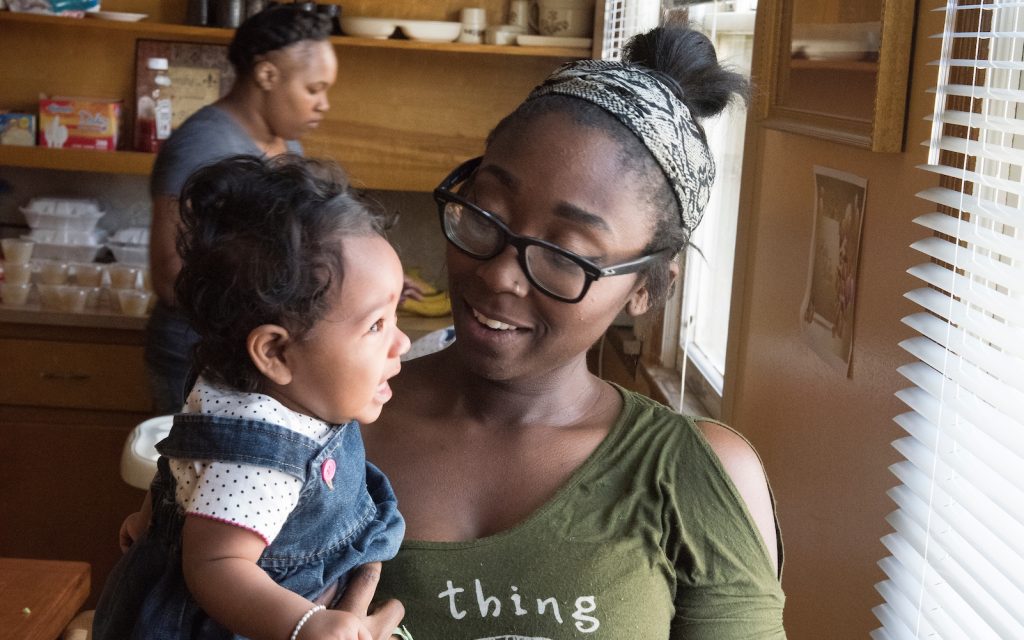You can be forgiven as a pro-lifer if your jubilation after the overturning of Roe has turned into something, well, let’s call it “less positive.”
It is understandable even if your feelings have become quite negative. Dramatic defeats at the ballot box, pro-choice Democrats and dishonest abortion activists ruling the airwaves and social media, and feckless Republicans unwilling to fight for basic human rights have been the order of the day since June.
I do not share this view, but I’ve started to see even serious pro-lifers whisper that maybe overturning Roe, while clearly a short-term victory, could be the start of our losing the broader culture. In my book on Peter Singer’s work, I note that he and many other supporters of abortion rights certainly thought that Roe provoked the kind of pro-life backlash that we otherwise would not have seen — and that a democratic process (akin to the ones that took place in Europe, Australia, and elsewhere) would more securely enshrine abortion rights in the longer term.
We must not allow that to happen. That it is now more likely is all the more reason for pro-lifers to work even harder on behalf of fundamental human dignity and equality across the board, including (and especially) for prenatal children who cannot speak up in their own defense.
But as I write these words during the time of Christmas, there is no better reminder of the intensely intimate relationship between a prenatal child and her mother than thinking of the (very) pregnant Mary, mother of God. Church Fathers like St. Augustine used to say that Jesus received his human flesh from the Virgin Mary. Nowadays we can express this with more biological precision: She literally exchanged blood and other tissue with God himself!
But that kind of intimate relationship should also cause pro-lifers to think, not just about protecting the prenatal child under law (though that is essential), but also about protecting and supporting her mother. And here, quite frankly, there are lots of reasons for hope in our post-Dobbs moment.
Indeed, for every ignorant op-ed from professors at Notre Dame, there are dozens of thoughtful ideas coming from pro-choice people about how we might cooperate together across our differences on abortion to support women and families. After all, if someone is genuinely pro-choice — and not pro-abortion — they should and will work with us to create the kind of culture that helps women choose to keep their children.
Working for this kind of common ground has been a central part of my vocation as a Catholic moral theologian and pro-life bioethicist. I’ve urged especially Catholic pro-lifers to become leaders in this search for common ground. St. Pope John Paul II, in his great social encyclical ”Laborem excercens” (“Through Work”), wrote that Catholics should work to restructure labor so women do not have to choose between being mothers and a vocation they may have in the broader workforce.
Writing in America Magazine, John Carr and Kim Daniels — co-directors of Georgetown’s Initiative on Catholic Social Thought and Public Life — showed that expansion of the child tax credit can and should bring together pro-life Republicans and Democrats who otherwise support abortion rights. And guess who followed right behind them with the same kind of support just six days later? You guessed it: Patrick Brown and Brad Wilcox, writing in a very different magazine: First Things.
Or how about publicly pro-choice voices like Mary Ziegler and Reva Seigel teaming up in the opinion pages of CNN with publicly pro-life voices like Erika Bachiochi and Daniel K. Williams to argue for a united front in favor of the “urgently needed” Pregnant Workers Fairness Act (PWFA).
Also supported by the United States Conference of Catholic Bishops, this law would go a long way to shaping labor in ways that Pope John Paul asked that it be shaped so that women are not structurally forced into making a deeply painful choice between being a mother and following other aspects of her vocation in the workforce.
Happily, progress is being made. While the expanded child tax credit has not (yet) passed, whatever one thinks of the new omnibus spending bill, it is fantastic news that the PWFA — after long negotiation and compromise across the aisle — was ultimately included. As was the PUMP Act, a bill which gave women who need to pump breast milk at work far more rights and access to do so. The omnibus also funds states so they can permanently extend health care coverage to poor women for 12 months after birth.
These are great victories, but pro-lifers must not stop here. We must let those who we send to Congress to do our pro-life bidding to not only pass bills that restrict abortion supply but also bills that reduce abortion demand by supporting mothers and families. We need expanded child tax credits, adoption reform, help with child care (especially at home), a formal campaign against intimate partner violence (which drives many abortions), and more.
For Catholics, this means that we must breathe out of both our pro-life and social justice lungs. Prenatal children — and their mothers — deserve nothing less.

